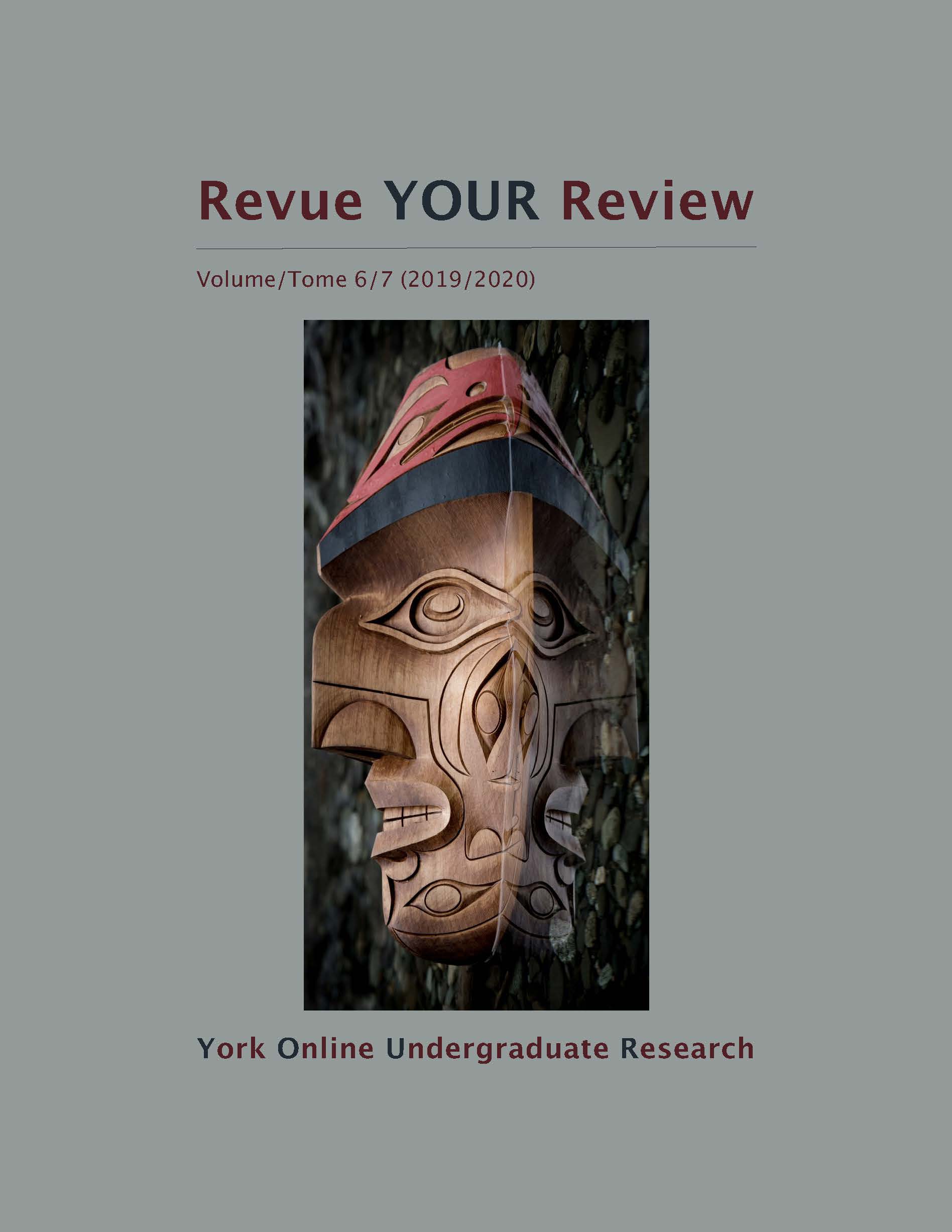British Columbia’s Carbon Tax
Abstract
A carbon tax, implemented in the Canadian province of British Columbia in 2008, is intended as an incentive to decrease greenhouse gas emissions, leading to a more sustainable future. The purpose of this project is to determine whether British Columbia’s carbon tax is an effective solution to rapidly rising carbon dioxide (CO2). This study applies Robert Gibson’s seven-part framework for analyzing environmental policies to the BC carbon tax. Results indicate that BC’s carbon tax is not a successful policy solution for decreasing CO2 emissions as it does not fully meet the requirements of Gibson’s framework.
Downloads
Published
How to Cite
Issue
Section
License
LicenseAuthors contributing to Revue YOUR Review agree to release their articles under one of three Creative Commons licenses: Creative Commons Attribution 4.0 International; Creative Commons Attribution-NonCommercial 4.0 International; or Creative Commons Attribution-NoDerivatives 4.0 International. All editorial content, posters, and abstracts on this site are licensed under Creative Commons Attribution-NoDerivatives 4.0 International. For further information about each license, see:
https://creativecommons.org/licenses/
In all cases, authors retain copyright of their work and grant the e-journal right of first publication. Authors are able to enter into other contractual arrangements for the non-exclusive distribution of the e-journal's published version of the article (e.g., post it to an institutional repository or publish it in a book or in another journal), with an acknowledgement of its initial publication in this e-journal.


